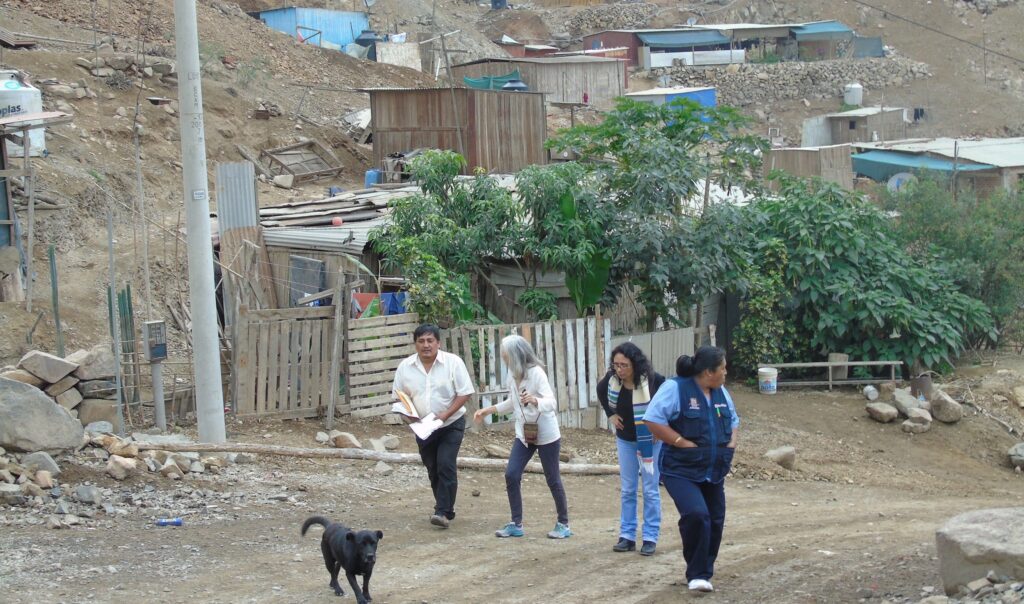
At A Glance: Wawa Illari (‘Child Star’ in Quechua) was a multi-disciplinary health intervention project for children from birth to three years old in eleven very poor communities belonging to the Pachacamac health district in rural Peru south of Lima. It was funded by an innovation grant from the Canadian Government and support from SD Britain and SD USA.
Goals: to discover – in partnership with the Peruvian Ministry of Health – if this multi-faceted intervention improves the health of children.
Results: The project demonstrated the power of combining the methodologies of three SD member projects for health and brain development in the first 1000 days of life: A Child’s Garden of Peace on community and household gardens, Asociación Vivir on conscious nutrition, and International Child Development Programme (ICDP) on building healthy parent-child relationships.
Detailed analysis of 113 children from intervention communities (IC) and 127 from control communities (CC) showed that IC children started with higher food insecurity, lower diet diversity score, and higher frequency of infections compared with CC children. Despite those disparities, we found that IC children benefited from improvement in food security due to their access to home gardens; they also benefited from a decreased likelihood of diarrhoea / respiratory infections. The combined intervention was associated with improved language development, which is an important indicator of improved cognitive development.
Conclusion: The combined intervention helped to mitigate food insecurity and infections, and contributed to improved language and brain development. And this all within the space of 18 months!
Based on these positive findings, the Wawa Illari team is actively seeking opportunities to scale up the methodology in other low-income country contexts.


